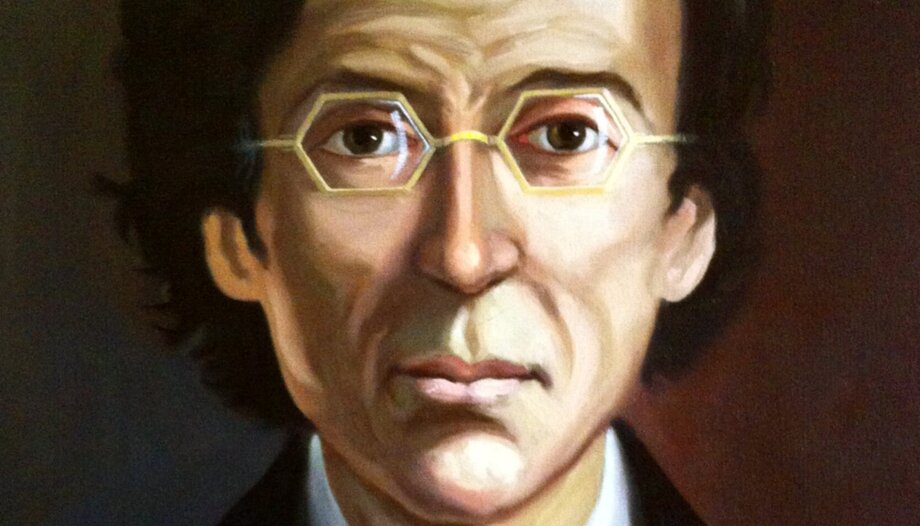Félix Varela was born into a military family in Cuba on November 20, 1788. His father, a Spanish subject, and his mother, a native of Cuba, died before Félix Varela was three years old. He moved to St. Augustine, Florida, with his grandfather and grandmother, who raised him.
At St. Augustine he would meet Father Michael O'Reilly, one of his first mentors, who taught him to play the violin and with whom he studied science, Latin and the arts, and with whom he would begin a solid humanistic and religious formation.
At one point, his grandfather suggested to young Felix that he follow his father's path and join the army. However, Felix was clear about his vocation: "I would rather save souls than join the army," the teenager replied. He returned to Cuba at the age of fourteen to attend the Royal Seminary of San Carlos and San Ambrosio. And in 1811, at the age of twenty-three, Father Félix Varela was ordained a priest for the diocese of San Cristóbal de la Habana. Father Varela dedicated himself fully to his priesthood from the moment he was ordained priest until his death.
Weather in Cuba
He was a distinguished professor at the Havana seminary, considered "academically gifted" and versed in all the classics. In addition, he is credited with having carried out reforms in the Havana seminary, such as the renovation of the study of Thomistic philosophy.
Felix Varela was a philosopher, politician, patriot, prolific writer and skillful teacher who "was the first to teach us [Cubans] to think". And a man who lived all his virtues.
Father Varela was a prodigious social reformer, defender of human rights in Cuba and the U.S., promoter of Cuban independence, defender of immigrants and the poor, and a staunch opponent of slavery. But he believed that "freedom begins in the soul and the best weapons are spiritual".
In 1821, Félix Varela was elected deputy to the Cortes, an unusual position for a priest. At that time he advocated for Cuban independence and fought for the abolition of slavery. King Ferdinand forced him into exile and, although he narrowly escaped death, he found refuge in New York. He spent time in Philadelphia and Baltimore. His achievements were also impressive in North America. Father Varela founded the first Spanish-language newspaper, "El Habanero," and is often dubbed the "Benjamin Franklin of Cuba."
Felix Varela in New York
He spent the next chapter of his life serving in the Archdiocese of New York for thirty years and is believed to be "the first Spanish-speaking priest to serve in the Diocese of New York."
He became vicar general of the newly created diocese for his excellent work and dedication to the poor and immigrants. During his tenure there, Father Varela purchased a church and established other churches and schools, ministered to the burgeoning Irish-American Catholics and learned Gaelic to communicate with his parishioners.
Deteriorating health prompted Father Varela to return to St. Augustine, Florida, where he died on February 25, 1853.
Not only is he remembered as someone who "always made people feel important through his work, his thinking and his apostolates," Father Félix Varela was a man of heroic virtues. He had the capacity to unite people who were politically divided, and that in itself is a miracle," said Francisco Mueller, who is a member of the Father Varela Foundationwhich is a group dedicated to honoring the legacy of this beloved priest.
Father Felix Varela described himself as a "son of freedom," and we will soon describe him as St. Felix Varela.









